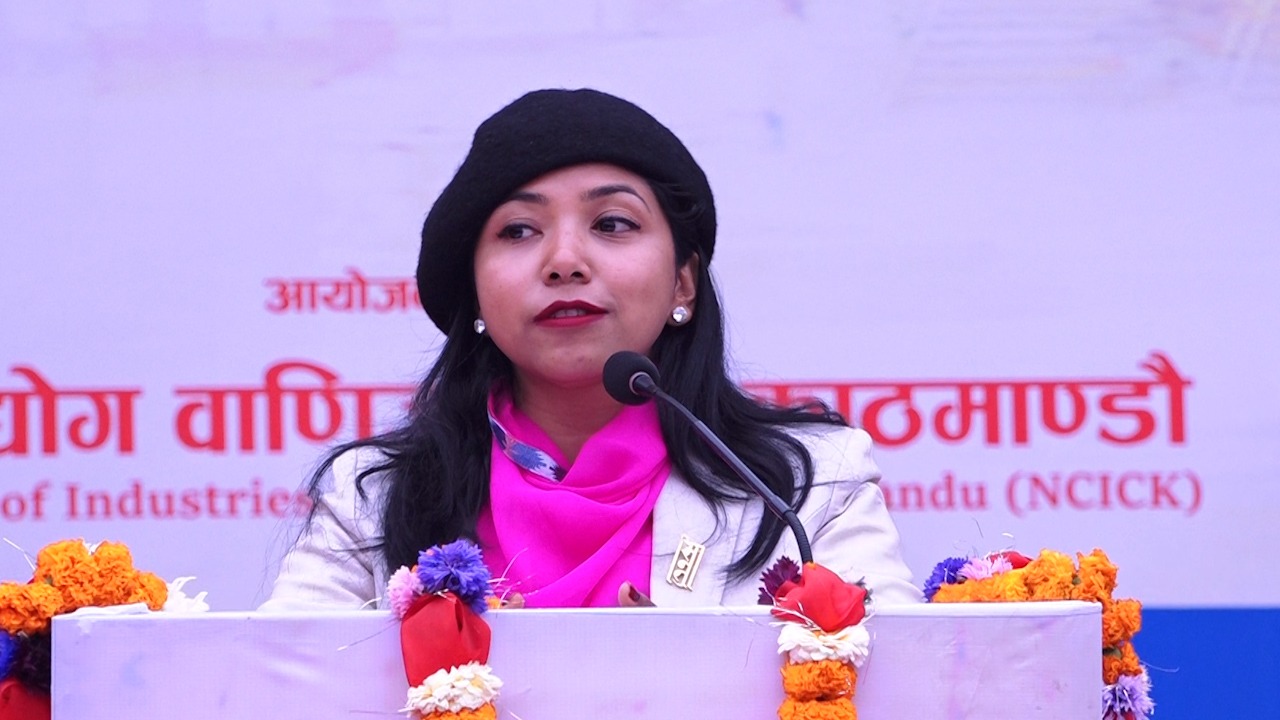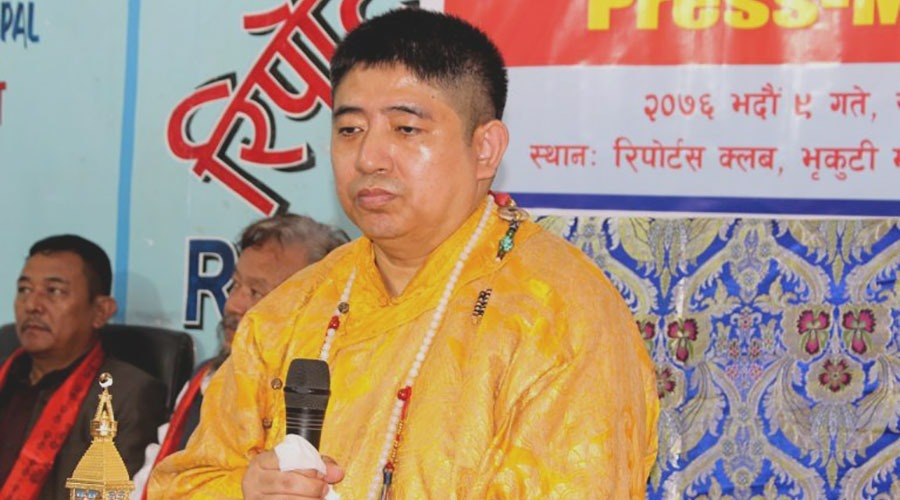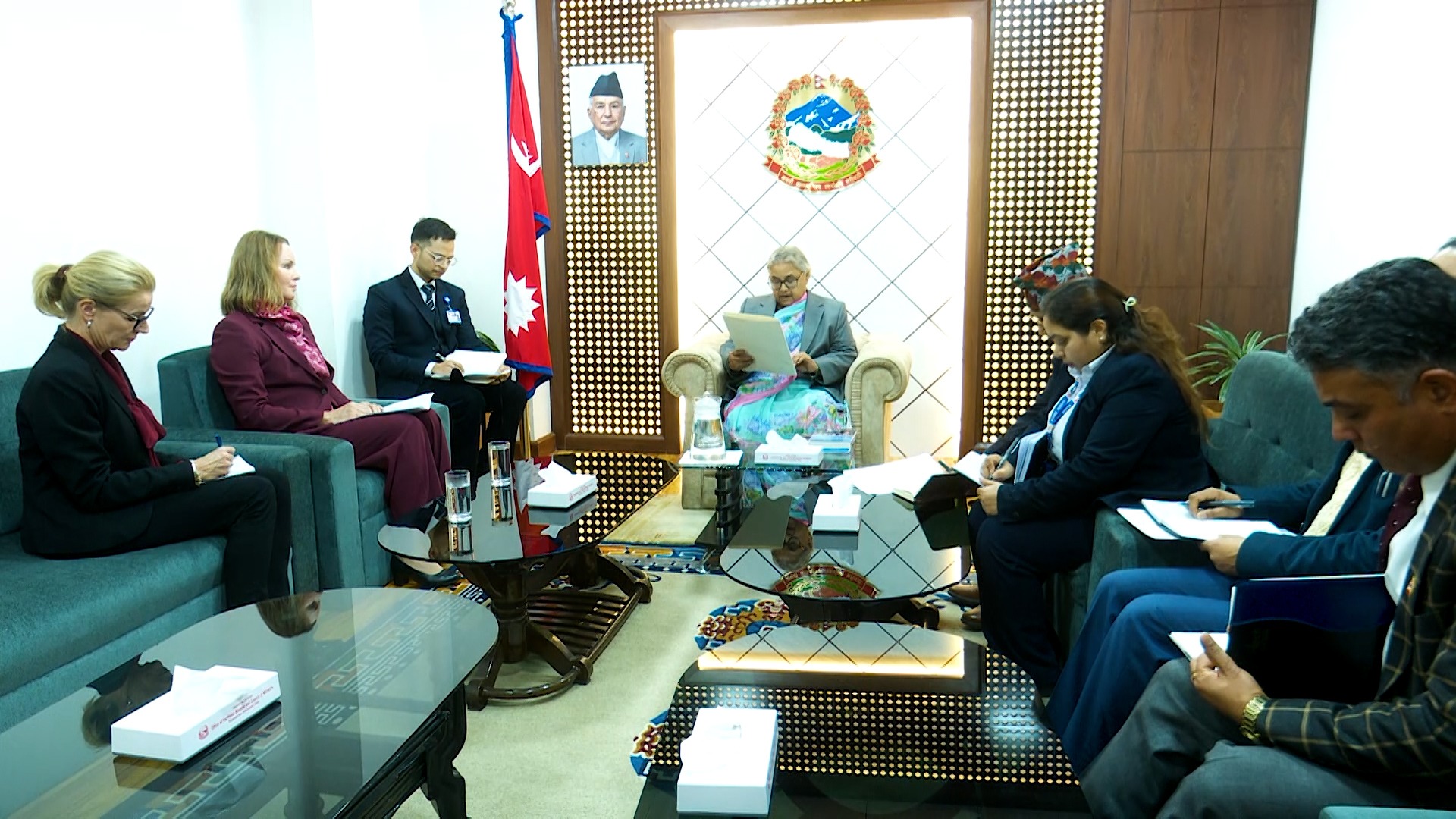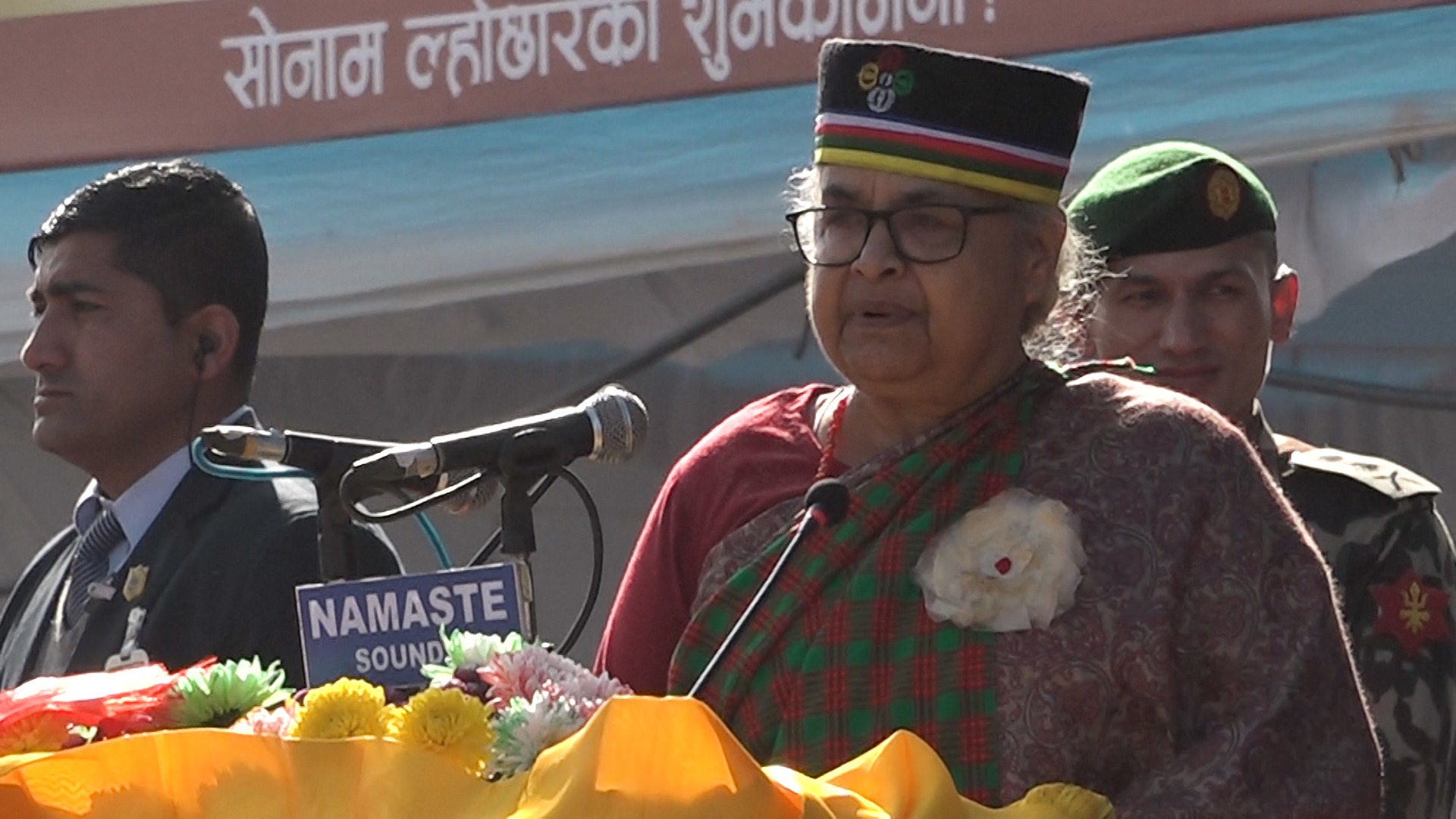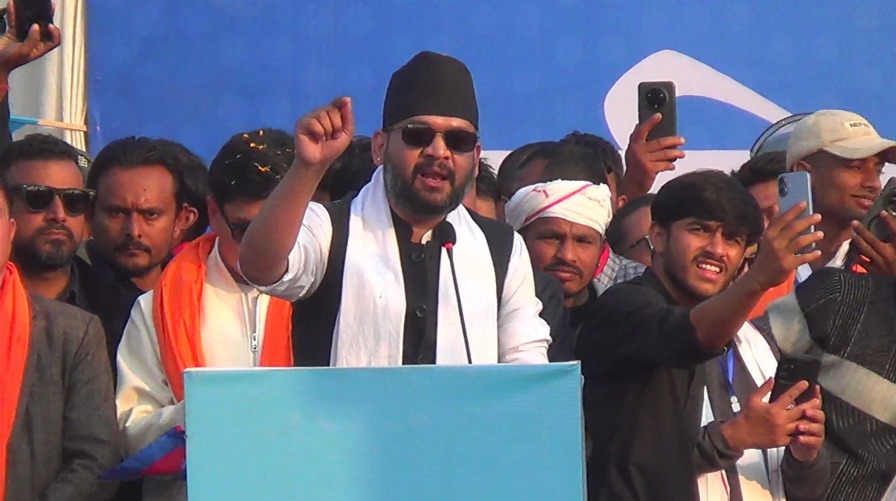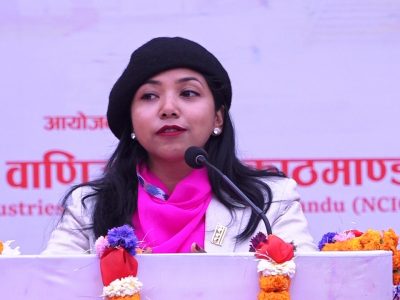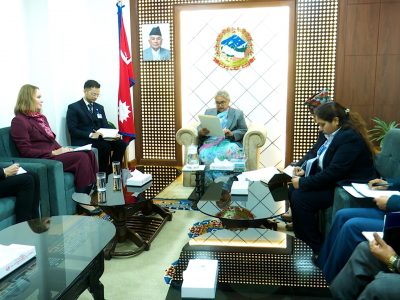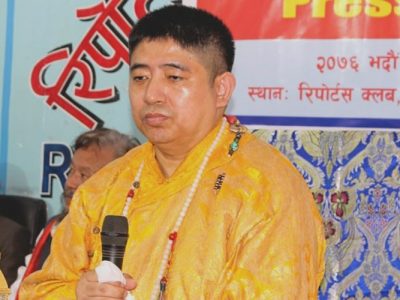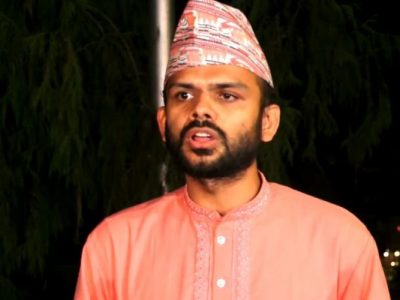Nepali TPS holders make significant contributions to American economy and Society
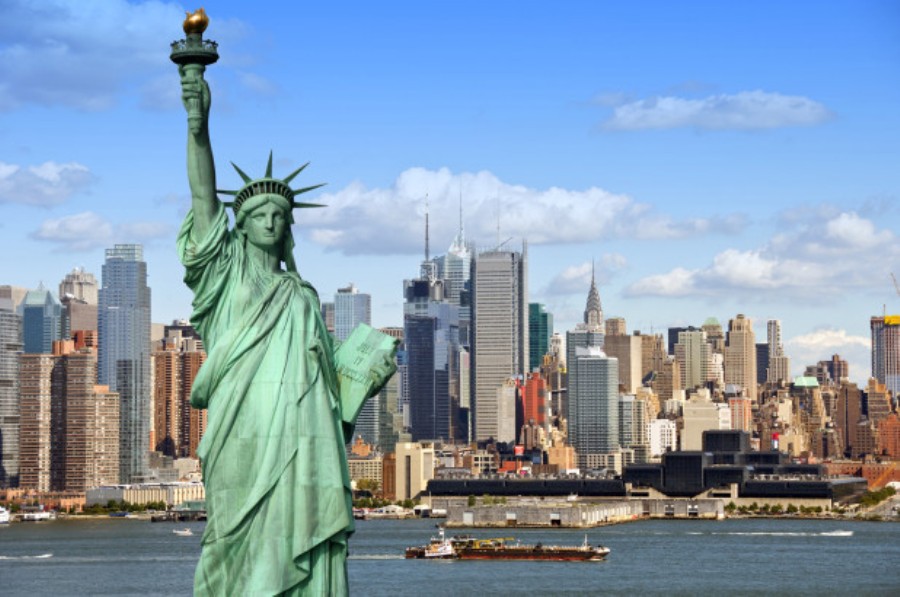
Washington. A recent survey by the U.S. Immigration Policy Center at the University of California, San Diego; Adhikaar for Human Rights and Social Justice; and the Center for American Progress has shown that Nepali TPS (Temporary Protected Status) holders have been contributing significantly to American economy and Society.
TPS has provided work authorization and protection from deportation to approximately 14,800 Nepal individuals in the United States since 2015. The survey reveals Nepali TPS holders have found a deeper sense of security and have been able to contribute to the U.S economy and society immensely in the flourishing environment
This new national survey of 372 Nepali TPS holders living in 31 U.S. states and territories was conducted by phone from June 24, 2020, to August 3, 2020, amid the ongoing coronavirus pandemic and while several lawsuits, such as Bhattarai v. Nielsen, are still in place to fight back against the Trump administration’s decision to terminate protections for Nepali TPS holders as well as TPS holders from other countries.
The results show a large majority of the Nepali TPS holders surveyed remain deeply concerned about their safety if they have to return to Nepal. A staggering 81.5 percent of respondents “agreed” or “strongly agreed ” with the statement, “If I returned to Nepal, I would be concerned about the physical safety of myself and my family.” When asked how often they thought about not having TPS, 68.7 percent reported thinking about it once a day or more.
The data shows TPS enhances inclusion, belonging, and opportunity. 85 percent “agree” or “strongly agree” with the statement, “I am less concerned about the safety and well-being of my family because of TPS.” 84.9 percent of respondents “agree” or “strongly agree” with the statement, “I feel like I belong morein the U.S. because of TPS,” and 90.4 percent “agree“ or “strongly agree” with the statement, “I am less concerned about my safety and well-being because of TPS.”
Nepali TPS holders are contributing to the U.S. economy, and many of them are frontline workers fighting the COVID-19 pandemic on as doctors, nurses, grocery store workers, and restaurant workers as well as in package and delivery services. In that sense, work authorization is crucial to allowing Nepali TPS holders to participate in and contribute to the U.S. economy. The survey mentions 91.7 percent received work authorization after receiving TPS and 94.3 percent among respondents who were working in the United States prior to the 2015 earthquakes reported that receiving TPS has allowed them to continue working.
The COVID-19 pandemic has negatively affected Nepali TPS holders as all Americans. Although 70.4 percent of respondents between the ages of 25 and 65 are currently employed, 58 percent reported having their work hours reduced due to the pandemic and among those who are not employed, 60.9 percent reported having lost their job within the past three months due to the pandemic.
“This is likely the first systematic survey of Nepali TPS holders. The data make vivid the important role that TPS has played in protecting the lives of Nepali TPS holders, as more than 8 in every 10 continue to fear for their physical safety if they return to Nepal,” said Tom K. Wong, associate professor of political science and founding director of the U.S. Immigration Policy Center at the University of California, San Diego and a senior fellow at the Center for American Progress. “From having U.S.-citizen children and spouses to building careers and starting new businesses, the data also make clear that Nepali TPS holders have dug deep roots in American society.”
“We are proud to launch this first-ever report of the Nepali TPS community at a critical time for our community and this country. This research has confirmed that the Nepali TPS community is an essential part of this country’s economy and society,” said Pabitra Khati Benjamin, executive director of Adhikaar for Human Rights and Social Justice. “Nepali TPS holders all around the country have invested in their lives here, started families, bought homes, and envisioned a future in America. But with the September 14 ruling from the 9th U.S. Circuit Court on Ramos v. Nielsen—which subsequently affects Bhattarai v. Nielson—our communities are in danger of being removed forcibly from their families and this country they call home. Since 2015, Adhikaar has fought to protect TPS and the nearly 15,000 Nepali TPS holders, their children, and families. One thing could not be clearer from this report, and that is that Nepali TPS holders and their families belong together, and they belong here.”
“TPS has provided a lifeline for Nepali TPS holders, granting them an opportunity to build their lives and contribute to their communities, some of them as essential workers,” said Silva Mathema, associate director for policy on the Immigration Policy team at the Center for American Progress. “But Nepali TPS holders, along with others, are fighting to keep their families together and preserving what they have built. Uprooting them is not just cruel—it will also harm the economy of the communities they live in.”
“I commend Adhikaar, the Center for American Progress, and the U.S. Immigration Policy Center (USIPC) at the University of California, San Diego on their landmark report underscoring how critical and beneficial TPS protections are for the Nepali community,” said Congresswoman Grace Meng. “This has enabled them to get jobs, contribute to their communities, and enrich our country. The report stands in stark contrast to the Trump Administration’s malicious immigration policies that are grounded in racism and animus toward people of color. I will continue to stand with the Nepali community and ensure they can continue to build their lives here.”
Facebook Comment
latest Video
Trending News
- This Week
- This Month


